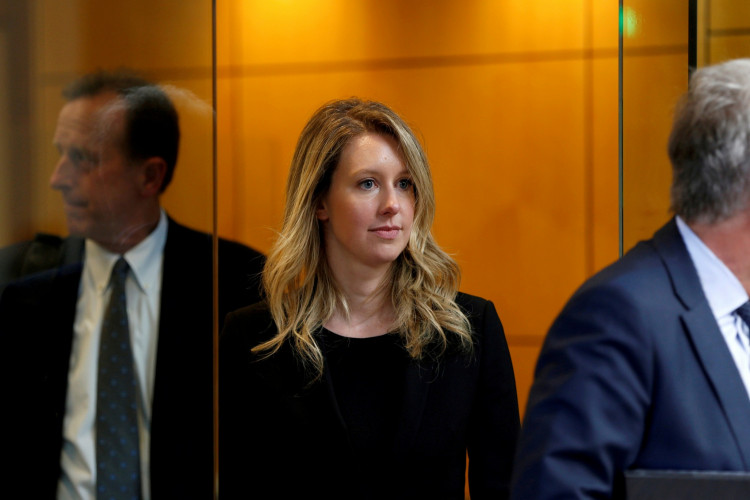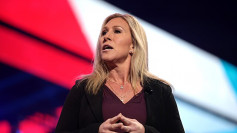Elizabeth Holmes, the former chief executive officer and founder of the botched testing company Theranos, has been found guilty of four counts of investment fraud, capping a high-profile trial of the dramatic demise of a former technology giant.
Holmes was found guilty of defrauding three other investors. She was found not guilty of three charges of defrauding patients who paid for Theranos tests, as well as a conspiracy allegation.
The jury stated that they were deadlocked on three of the 11 criminal charges against her.
Holmes, 37, bent her head, remained sitting, and showed no evident emotion as the court decision was read. Her partner, Billy Evans, initially appeared agitated but remained composed during the verdict reading.
The jury of eight men and four women deliberated for over 50 hours over seven days on whether the Theranos founder is guilty of two counts of wire fraud conspiracy and nine counts of wire fraud.
Each count of fraud carries a potential jail term of 20 years. Holmes faces a maximum term of 80 years in prison when she is sentenced by U.S. District Judge Edward Davila, but is expected to receive a significantly shorter sentence.
"The guilty verdicts in this case reflect Ms. Holmes' involvement in this massive investment scam, and she must now face sentence for her crimes," U.S. Attorney Stephanie Hinds stated.
Prosecutors claim that between 2010 and 2015, Holmes deceived private investors by telling them that Theranos' tiny equipment could perform hundreds of health diagnoses and tests with just a drop of blood.
The case has brought to light Theranos' ill-fated attempt to transform laboratory testing. Prosecutors said the startup secretly used Siemens-made conventional instruments to do patients' tests.
After the Wall Street Journal published a series of articles claiming that Theranos' equipment were faulty and incorrect, the company went bankrupt.
In 2018, Holmes and Ramesh "Sunny" Balwani, Theranos' former chief operating officer, were indicted.
Holmes was acquitted of three charges, including one charge of conspiring to deceive patients and two charges relating to patients who received incorrect test results.
One accusation was dismissed earlier in the trial, and the jury was unable to reach a decision on the other three allegations.
Holmes modeled herself after Steve Jobs and claimed that her company will change health care.
In 2003, she established Theranos. She dropped out of Stanford the following year and spent the next 10 years raising almost $1 billion in venture capital and securing deals with Walgreens and Safeway.
Forbes assessed her net worth at $4.5 billion in 2015.
She entered a not guilty plea and is expected to file an appeal. A date for sentencing was not scheduled right away.






